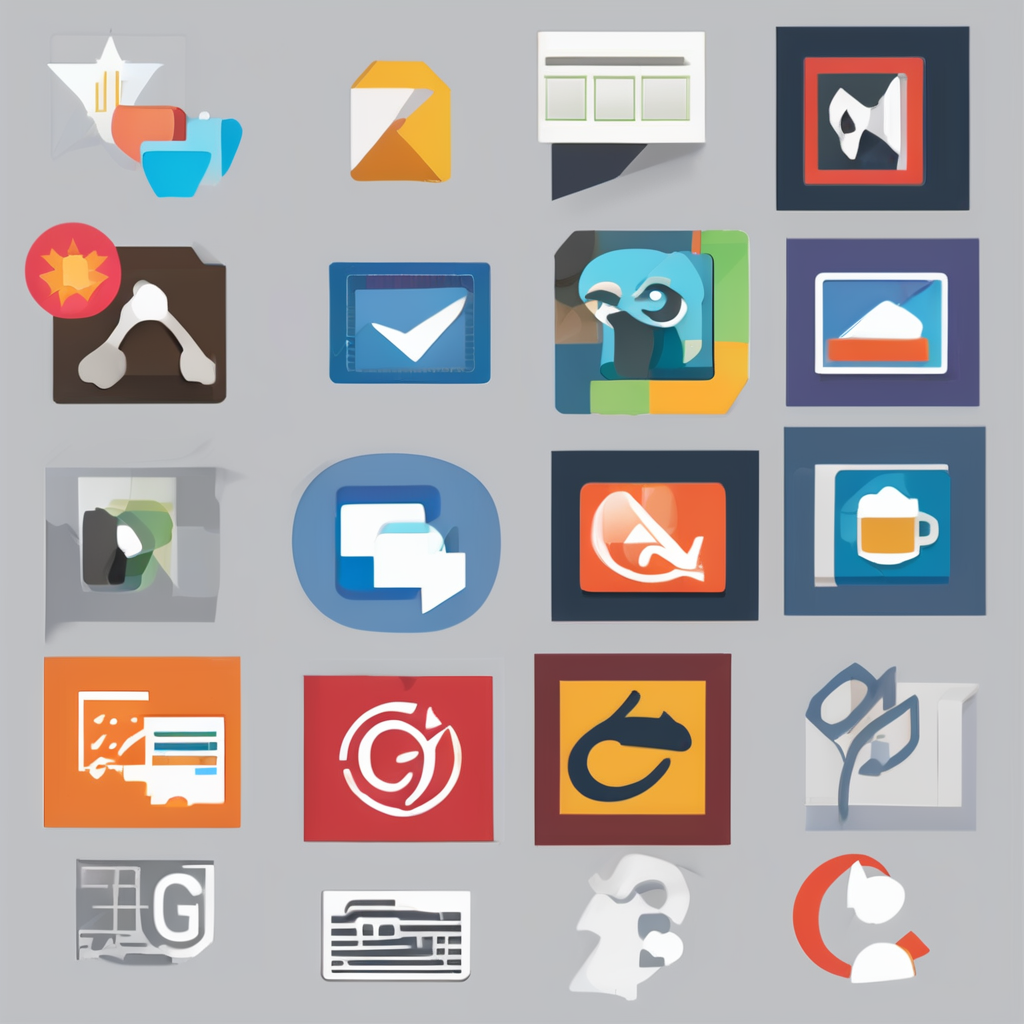UK Gaming Industry: Setting the Stage for EdTech Innovation
The UK gaming industry stands as a powerhouse of technological innovation, significantly influencing the evolution of educational technology. Its dynamic ecosystem fosters creativity and rapid development, making the UK a prime location for pioneering digital learning solutions. The gaming sector contributes cutting-edge advancements — including sophisticated graphics engines, artificial intelligence, and user-experience design — all of which have immense crossover potential for education.
Key highlights include the integration of real-time rendering and adaptive learning algorithms initially developed for gaming. These technologies enhance interactive digital content, enabling educational platforms to provide more immersive and personalized learning experiences. Furthermore, early collaborations between gaming studios and educational institutions have accelerated the transfer of these innovations, resulting in practical applications such as simulation-based training and engaging content delivery.
In parallel : How Do Video Games in the UK Influence Cultural Trends in Computing?
Industry partnerships also facilitate knowledge exchange and resource sharing, driving innovation in digital learning environments. By bridging entertainment and education, the UK gaming industry plays a crucial role in shaping the future of educational technology, pushing the boundaries of how students engage with and absorb knowledge. This synergy is transforming classrooms and expanding the reach of modern educational tools across the UK and beyond.
Gamification and Engagement Strategies in Classrooms
Gamification, rooted deeply in the UK gaming industry, has become a pivotal innovation in educational technology. By integrating game design elements such as points, levels, and challenges, digital classrooms leverage these strategies to boost learning engagement. But what exactly does gamification do for motivation in education? It taps into natural human desires for competition and achievement, thus encouraging students to participate actively and persistently.
Additional reading : What computing skills are essential for a career in UK video game development?
One clear example is the adaptation of reward systems used in UK gaming titles to digital learning platforms, where students receive real-time feedback and incentives, increasing retention and enthusiasm. Such tools create immersive learning experiences, making challenging subjects approachable and enjoyable.
Furthermore, research indicates that gamified learning environments enhance motivation more effectively than traditional methods. By promoting active involvement, gamification not only keeps learners engaged but also cultivates a mindset oriented towards continuous improvement. This is especially vital for developing critical thinking and problem-solving capabilities.
In summary, the fusion of gamification into education demonstrates the transformative power of the UK gaming industry’s influence, fostering more dynamic and motivating learning ecosystems across classrooms. These innovations signal a future where education is as engaging as gaming itself.
VR, AR, and Immersive Technologies in Education
Virtual reality (VR) and augmented reality (AR) are transforming educational technology by delivering immersive learning experiences rooted in the UK gaming industry’s tech breakthroughs. Advances in 3D rendering and real-time interaction, originally crafted for gaming, serve as the foundation for educational VR/AR applications. These applications place learners inside realistic simulations, enhancing understanding through active participation rather than passive study.
UK EdTech companies are adopting these immersive technologies to create engaging simulation-based training and interactive STEM learning environments. For example, students exploring complex scientific processes or historical events can do so through AR overlays or fully immersive VR worlds, gaining deeper, contextual knowledge.
Immersive learning via VR and AR also improves skill acquisition by replicating real-life scenarios in a controlled setting. This is particularly impactful in vocational training or creative subjects where hands-on experience is critical. By integrating gaming-derived interactive tools, UK educational platforms boost accessibility and personalization in learning.
In summary, VR, AR, and simulation applications exemplify the UK gaming industry’s pivotal role in driving innovation across digital learning, fundamentally reshaping how education is delivered and experienced.
Industry Collaboration: Key Companies and Projects Shaping EdTech
The UK gaming industry actively collaborates with EdTech companies to propel educational innovation. Major gaming studios, leveraging their expertise in digital learning tools, partner with education-focused firms to co-develop platforms that enhance interactivity and engagement. These collaborations blend creative game design with pedagogical frameworks, enabling the creation of immersive and adaptive learning environments.
Noteworthy projects include simulation platforms that apply gaming engines for realistic scenario-based training and interactive content tailored to diverse educational needs. Such partnerships often benefit from government-backed funding initiatives designed to foster innovation at the intersection of gaming and education.
Industry collaboration not only accelerates technology transfer but also ensures that educational products reflect both technological sophistication and curriculum relevance. By uniting the UK gaming industry’s technical strengths with educational insight, these joint ventures push the boundaries of educational technology.
The sustained cooperation between gaming studios and EdTech companies also serves as a catalyst for knowledge exchange, cultivating a vibrant ecosystem that supports scalable, user-centric education projects. This synergy ultimately enables students and educators to harness the full potential of digital tools crafted through these pioneering partnerships.
Impact on Teaching Practices and Global EdTech Trends
The UK gaming industry has catalyzed significant shifts in teaching innovation, influencing both local classrooms and global EdTech trajectories. Technologies rooted in the UK gaming ecosystem—such as adaptive learning, real-time feedback, and immersive interaction—are reshaping pedagogical approaches. Teachers increasingly integrate game-informed tools to foster active learning, moving away from passive lecture models toward more participatory experiences.
How exactly do these innovations affect teaching? For instance, adaptive platforms dynamically tailor content to individual student progress, allowing educators to address diverse learning needs efficiently. This personalization enhances engagement and improves educational outcomes by aligning tasks with learner readiness.
Globally, the UK’s EdTech influence is evident as multiple countries adopt platforms and methodologies pioneered through UK gaming-education collaborations. These tools support collaborative learning, critical thinking, and creativity, extending beyond traditional subjects to vocational and STEM education.
Educational impact also includes evolving teacher-student dynamics: educators become facilitators and mentors, guiding learners through interactive, gamified pathways. This transformation encourages autonomy and lifelong learning skills.
In summary, UK-driven EdTech innovations not only modernize classroom practices but also contribute robustly to international educational reform, highlighting the UK gaming industry’s pivotal role in shaping future-ready education worldwide.











